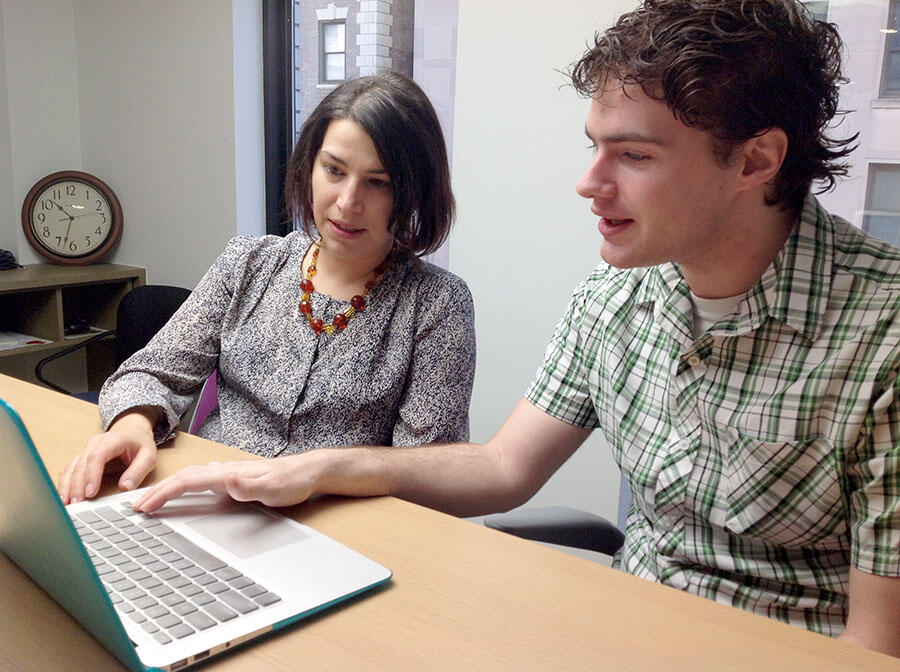
Feb. 12, 2014
Study examines role of religious devotion in substance use and abuse
Share this story
Analysis of religiosity in childhood and adulthood suggests that individuals who change in religiosity over time are at greater risk of using psychoactive substances, including alcohol, tobacco and other drugs, according to a Virginia Commonwealth University study.
Religiosity is the relevance of religious belief to a person’s life – in other words, how religious or devout a person is. The study, which will be published in the March issue of the journal Drug and Alcohol Dependence and currently available online, showed that those who have high religiosity in childhood – with belief playing a central role in their upbringing – and then lose religiosity as they mature are at risk of increased substance use, as well as misuse.
Likewise, those who have low religiosity in childhood and become more devout as they age, reaching very high levels of religiosity in adulthood, are also more likely to use and misuse substances.
“Consistently high levels of religiosity protects against substance misuse, but substantial changes, whether losses or gains, in religiosity over the life course are associated with increased odds of substance use problems,” said Arden Moscati, a graduate student in the Virginia Institute for Psychiatric and Behavioral Genetics at VCU and lead author of the study. “Findings from this study support the use of a life course approach to understanding the relationship between religiosity and substance use outcomes.”
This is one of the first studies to examine religiosity as a dynamic characteristic as it relates to substance use and misuse.
“These findings will inform future efforts to understand how nominally protective factors like religiosity affect health over the life course,” Moscati said. “Still to be discovered are what processes might contribute to this phenomenon and what it is about the change in religiosity that tends to lead to substance use.”
Moscati collaborated with Briana Mezuk, Ph.D., assistant professor in the Department of Family Medicine and Population Health, Division of Epidemiology, in the VCU School of Medicine, on the study.
Subscribe to VCU News
Subscribe to VCU News at newsletter.vcu.edu and receive a selection of stories, videos, photos, news clips and event listings in your inbox.







